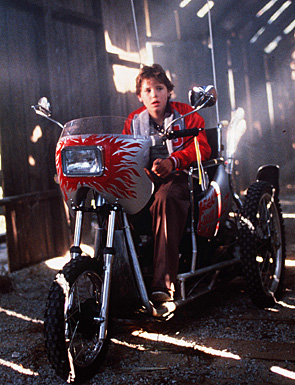[easyazon-image align=”left” asin=”B00A8MGLAI” locale=”us” height=”160″ src=”http://ecx.images-amazon.com/images/I/51QvGpE0YQL._SL160_.jpg” width=”126″]A sextet of nested, intersecting stories, [easyazon-link asin=”B00A8MGLAI” locale=”us”]Cloud Atlas[/easyazon-link] explores the many ways the strong exploit the weak, beginning and ending with literal cannibalism, with detours into slavery and a nursing home. Elderly, non-disabled editor Timothy Cavendish asks his wealthy brother for a loan one time too many, and is tricked into checking himself into Aurora House late at night when he’s desperate for a place to stay. The staff doesn’t believe him when he says he doesn’t belong there, and won’t let him leave or call for legal representation, prompting him to utter the fateful phrase “I will not be subjected to criminal abuse!”
In the book, Cavendish suffers a stroke brought on by all the stress, and makes friends with some of the other residents while he recovers his speech and motor skills. Many have been dumped there by ungrateful children waiting for their inheritance, and one seems to have aphasia, seemingly capable of saying only “I know! I know!”. They warn him that attempts to escape will result in the staff drugging his food, but their plan is successful and they escape to a pub. Cavendish later publishes “The Ghastly Ordeal of Timothy Cavendish”, which gets made into a horror movie of sorts. Hundreds of years later, the ancient video is seen by cloned humans bred for servitude, and teaches them to say “I will not be subjected to criminal abuse!”
The ghastly ordeal is presented as a farce, and does not touch on the larger issues of the elderly and disabled stuck in nursing homes; the directors pocketing millions of dollars while staff-to-patient ratios are cut; poorly trained, overwhelmed, or downright criminal staff; patients who could have managed at home with appropriate home care services and house modifications sent to nursing homes as a default.

